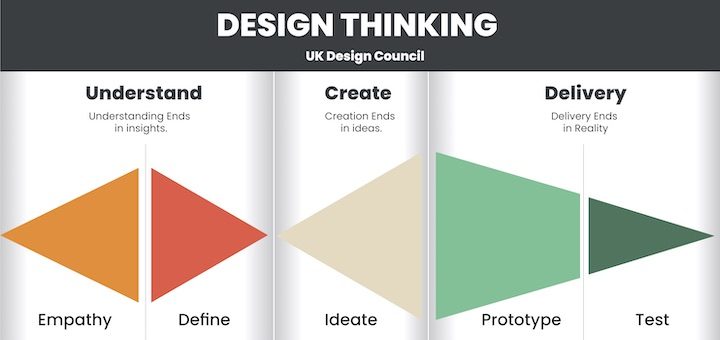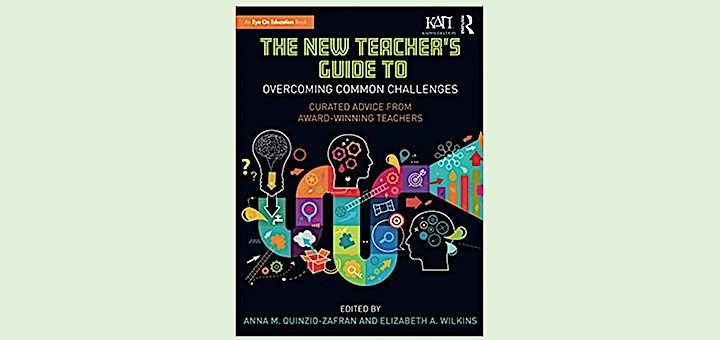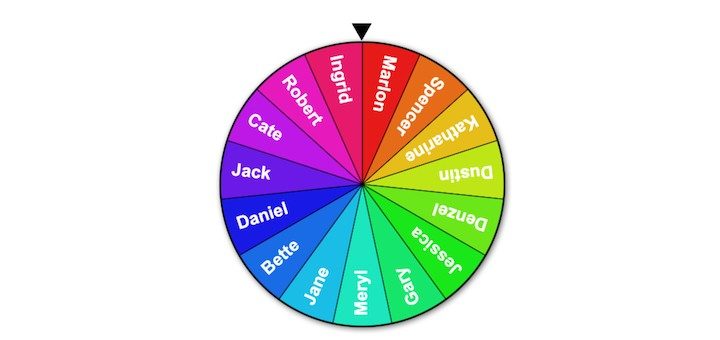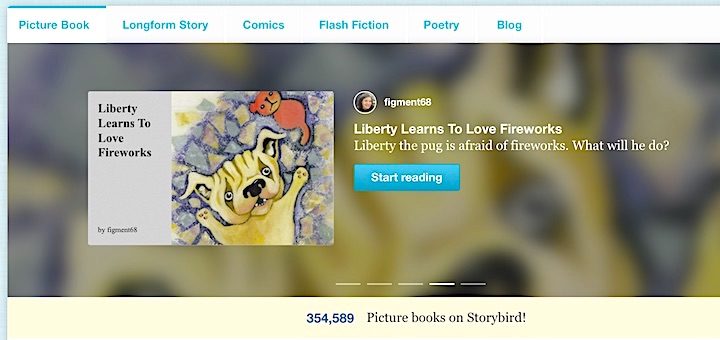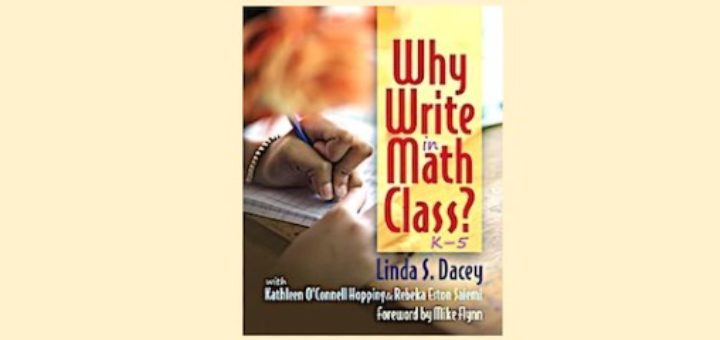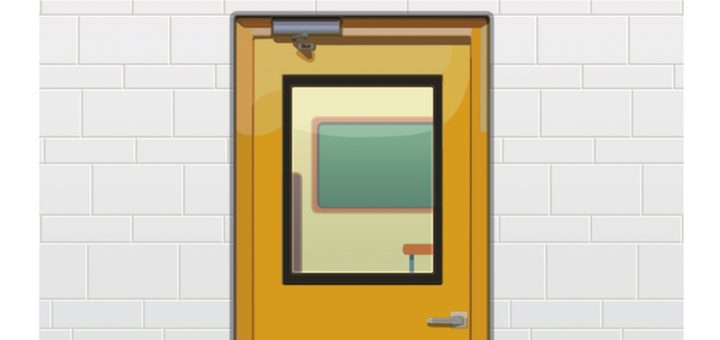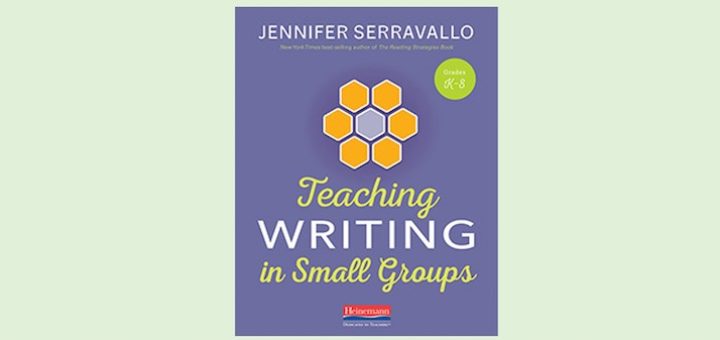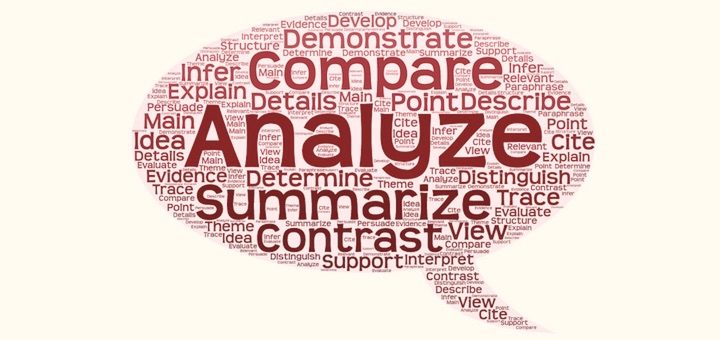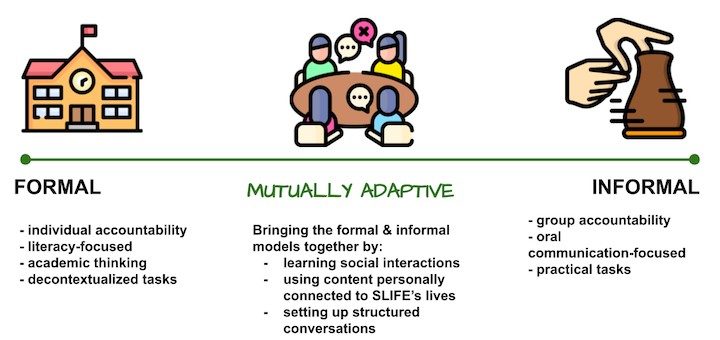Ready STEM Students for a Future of Creativity
Shifting our STEM teaching approach to align with current workforce needs means broadening our thinking about the design process, writes Anne Jolly. That includes helping students work together to build the skills of empathy and creativity that lead to innovative solutions.

